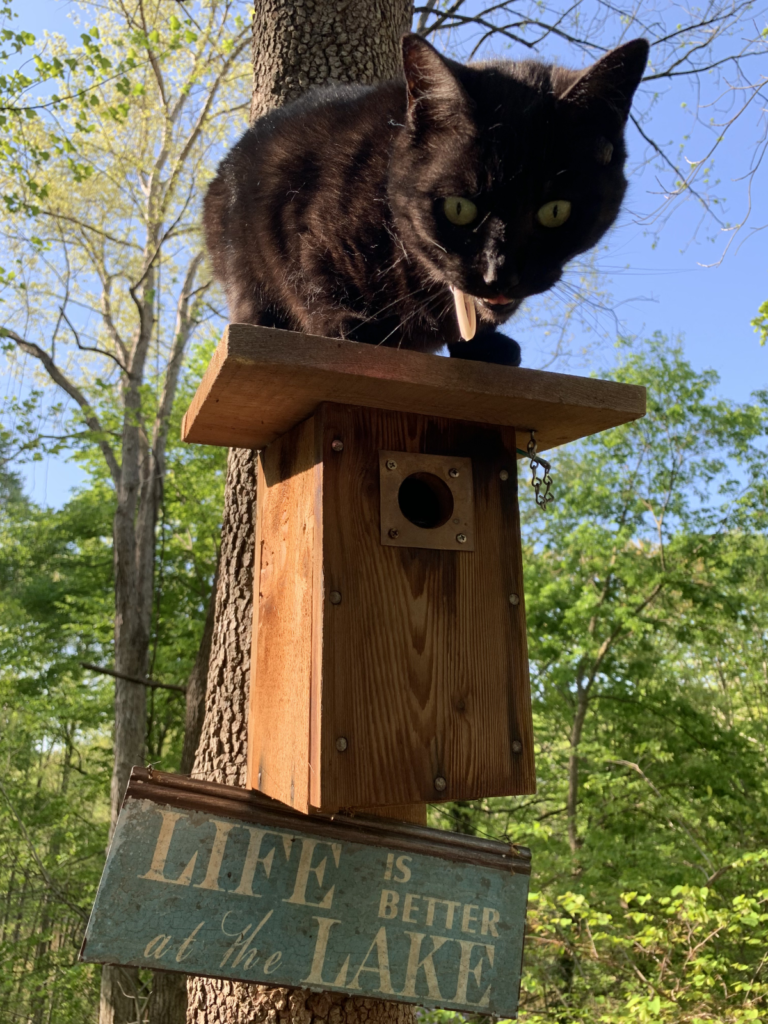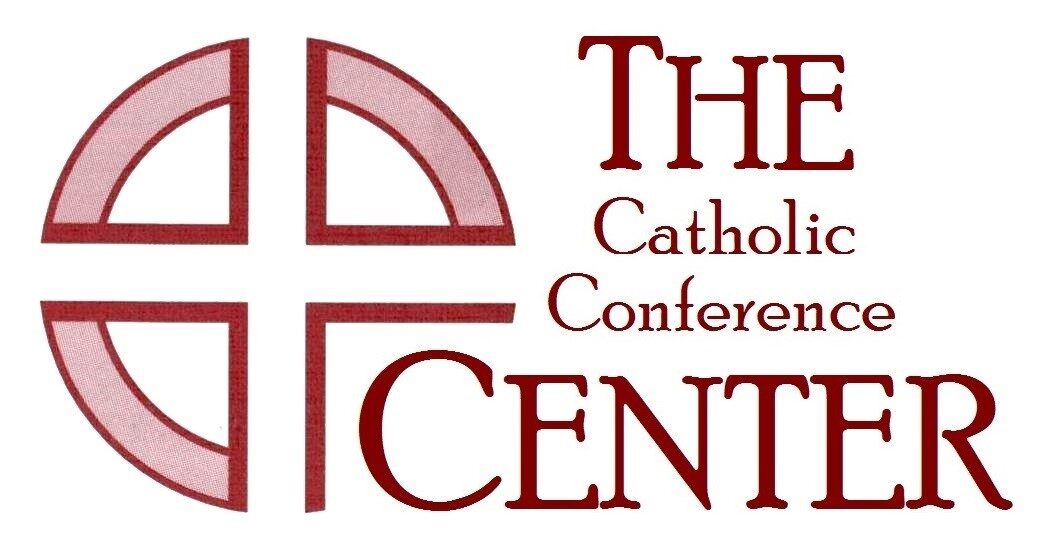Homily for the 2nd Sunday of Easter
By Deacon Scott D. Gilfillan

What are you afraid of? At the proper time, this can be a very good question.
The question invites a person to review the present circumstances of his or her life. The question also invites a person to consider a future choice. The decision may be filled with uncertainties, but also one that promises some great reward.
I remember talking to my dad on the phone when I was debating whether I should ask my wife to marry me. After I vacillated between the pros and cons, he finally asked, “What are you afraid of?”
The same question could be posed to a talented high school graduate who is hesitant about going off to college. Or a person who has been offered the dream job but is reluctant to accept the position. Or couples starting a new family or looking for retirement options: “What are you afraid of?”
~
Moving to the gospel scene for the second Sunday of Easter, the resurrection of Jesus had changed everything. Yet the disciples were huddled in a room behind locked doors. When Jesus enters the room, he could have easily asked them the same question, “What are you afraid of?” (see Jn 20:19-31)
They would respond, “The Jews.” They had just witnessed the brutal execution of Jesus. The religious leaders and the Roman officials sought to eliminate all other troublemakers. The disciples thought they might be the next to be crucified.
Jesus might continue, “What are you really afraid of?”
Through the resurrection, God has claimed victory over the powers of this world. God has even conquered death. If they believed this, why were they still behind locked doors cowering in fear!
The disciples weren’t just physically locked in that room. They were locked in that room emotionally and spiritually as well.
They might have had other, more profound fears. They were afraid of the implications of the crucifixion. Taking up the cross and following Jesus is a lot easier said than done.
They might have been afraid of the implications of the empty tomb. If Jesus had indeed risen, none of the old rules apply. The world has changed in ways that are impossible to imagine. Are they prepared to be the salt and light to this inconceivable new world?
They might even be afraid of Jesus. If Jesus were alive, how would he respond to their repeated denials, public betrayals, and persistent doubts?
In their frozen state of fear, they were overwhelmed with the immense new possibilities. They were asking themselves: What does this mean? What does this mean to me? What am I going to do about it?
Jesus appears to the disciples who are frozen in fear and immersed in these conflicting thoughts. To their anxiety and fear, he breathes on them and says the words they most needed to hear. “Peace be with you.”
~
In our own life, we have a room to which we go to hide, afraid of what is going on in the world around us. In the outside world, there are also people out to attack our inmost convictions. There is chaos. Darkness. Worry. Anxiety. Sadness. Dysfunction.
So we hide. We’re afraid we’ll get hurt, betrayed, or embarrassed. We’re afraid we’ll get taken advantage of, manipulated, ignored. We’re afraid others will judge us as not worthy, not lovable, or not interesting. We’re afraid we don’t have enough time, or enough talent, or the right education.
Or as the photo suggests, we’re afraid that there is some big, angry cat out there wanting to get us.
We hide locked in a room from all of these fears. Jesus passes through the locked doors of our inmost fears and also asks, “What are you afraid of? I came to give life, and life in abundance.”
~
To the disciples locked in the room, and to us, Jesus gives a command. “As the Father has sent me, so I send you.” In other words, we are not meant to cower in fear. We are meant to get outside of ourselves and bring the message of this resurrection to the world. He lives!
This message needs to be especially heard in a world still darkened by sin and sadness. Those who are grieving, broken-hearted, lonely, rejected, and dying need you to show them what the resurrection means. He lives in me, and he lives in you. It is not a coincidence that Jesus showed the disciples his wounds and then said, “As the Father has sent me, so I send you.” We are specifically asked to seek out Jesus in the wounds of our world. Who might that be in your life?
~
Jesus looks at the circumstances of your life. There is something you holding back. There is something you are not willing to surrender. There is something that you refuse to do to experience the new life of the resurrection. Jesus asks you, “What are you afraid of?”
In a book called “A Return to Love” Marianne Williamson answers this question with a provocative poem titled “Our Greatest Fear”:
Our greatest fear is not that we are inadequate,
but that we are powerful beyond measure.
It is our light, not our darkness, that frightens us.
We ask ourselves:
Who am I to be brilliant, gorgeous, handsome, talented and fabulous?
Actually, who are you not to be? You are a child of God.
Your playing small does not serve the world.
There is nothing enlightened about shrinking
so that other people won’t feel insecure around you.
We were born to make manifest the glory of God within us.
It is not just in some, it is in everyone.
And, as we let our own light shine,
we unconsciously give other people permission to do the same.
As we are liberated from our fear, our presence automatically liberates others.
The most common greeting of the angels might say it best, “Do not be afraid.”
Peace be with you.
